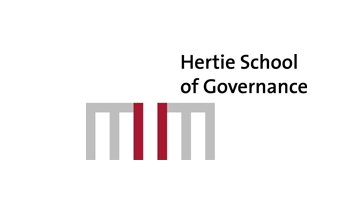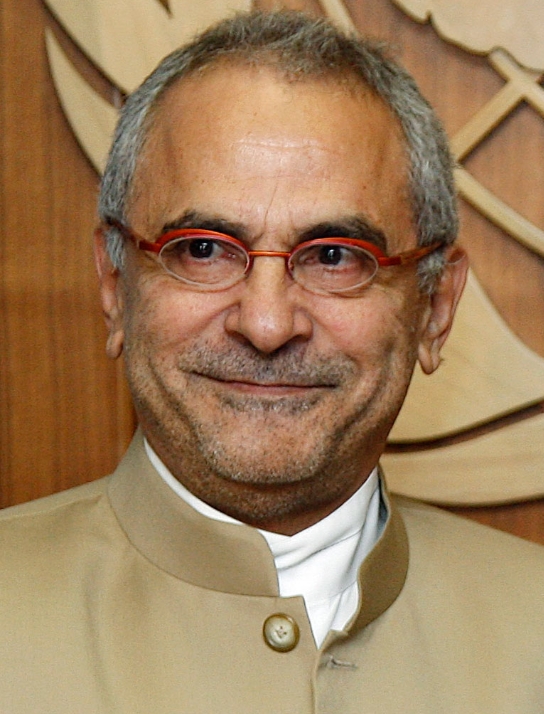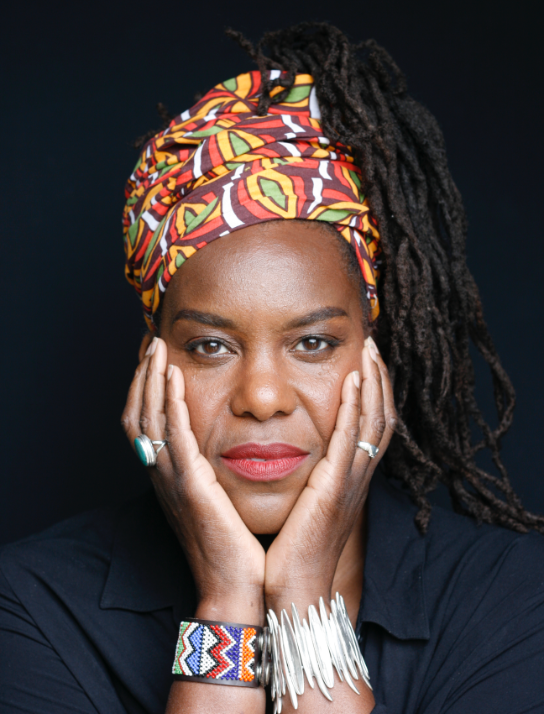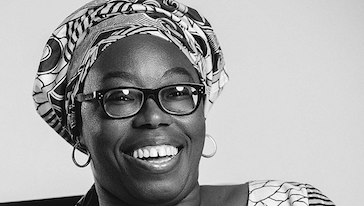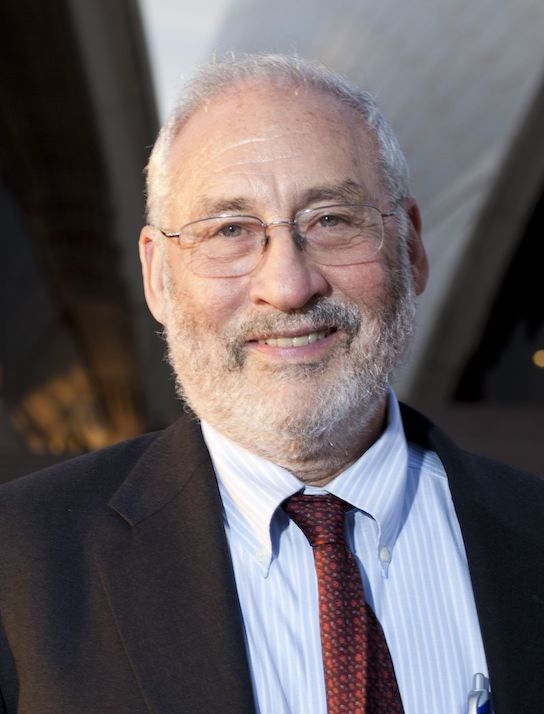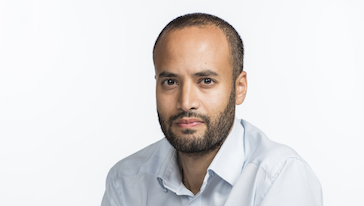Mr. José Ramos-Horta delivered a keynote speech at the Hertie School of Governance as part of the Kapuscinski Development Lecture Series, 2019 on “Taking Peace-building to the World: Our Responsibilities and Failures”. He was awarded the Nobel Peace Prize in 1996 “for his work towards a just and peaceful solution to the conflict in East Timor”. For over two decades, he served as an international spokesperson, extensively lobbying governments and creating networks of supporters for the cause of his people. He was successful in advocating dialogue and presented a peace plan to Indonesia (through extensive humanitarian cooperation). His passion to liberate his homeland through peace, laid the foundations for Indonesian withdrawal and peace objectives being accomplished in 2001.
In his lecture he spoke about, [how] “we are living in very dangerous times. Right here in the heart of Europe forces of good and of intolerance are on a collision course. Across the English Channel there are forces bent on wrecking a magnificent social, political and security architecture built over many decades pushing Europe towards the abyss of chaos and irrelevance. In the course of over 40 years, starting as an innocent and romantic believer in the promises and possibilities of the United Nations, I have seen the best – when the UN lived up to the expectations of the people it deployed to protect – but also I witnessed or heard heart wrenching stories of shocking betrayals on other front lines. I have engaged with UN personnel in my own country and in remote outposts where dedicated field staff absorb the indifference of headquarters, whose envoys descend to evaluate the mission, yet things stayed the same. The UN can do better. We are all the UN and we can and must do better.”
National reconciliation through healing the wounds of the divided community of Timor-Leste, Ramos-Horta noted, has been the greatest success. He spoke about the failures of the national governments to resolve conflicts and crises around the world. He pointed to the failures of the international community at the UN to address conflicts, such as in South Sudan, Congo, Central African Republic, and Syria. Countries should feel empowered, he argued, to reach out to the international community for help in times of conflict or war. Yet, he made a clear distinction that “we cannot blame everybody else,” referring to national governments to use the Secretary-General as the scapegoat for national gridlock. He argued that if they had failed in Timor-Leste to end the war that he would not have the audacity to blame the United Nations, but rather signed out that others can help but the responsibility falls on the leaders of the country to pave the road toward peace and resolution.
Furthermore, he discussed that the prevention of conflict begins at home. He asked, “who are the best actors to prevent conflicts?” as well as “what are the best prescriptions to prevent conflicts in society?” His answer to this was that policies must be set in place that are inclusive and embrace everyone from both minority and majority groups in society. Policies that do not discriminate against anyone, such as language, religion or ethnic are the foundation for conflict prevention. Cultural diversity must be seen as an asset and not a threat to society, as he believes that the disregard and discrimination resulting from a lack of diversity as the major root of conflict and crises. Ramos-Horta strongly advocated that prevention begins with tolerance and this is the first and primary responsibility of the leaders of countries around the world.
Following his lecture he was joined by Inge Kaul, Adjunct at the Hertie School and the first director of the Human Development Report office of UNDP, for discussion with the audience. During the discussion they touched on topics such as activities of the UN and peace operations on the ground as well as lessons from Timor-Leste that Mr. Ramos-Horta gave during his lecture. Ramos-Horta agreed that the UN remained indispensable for the success of Timo-Leste’s struggle for independence.
